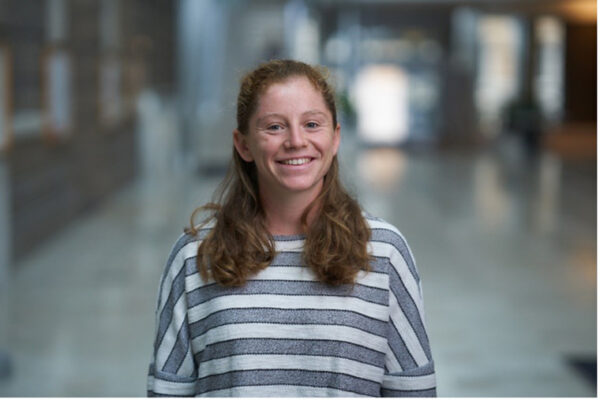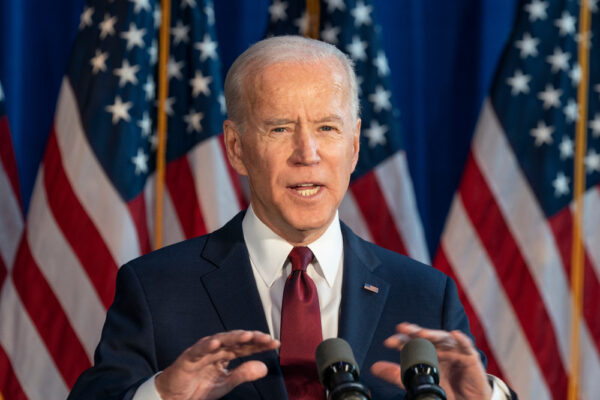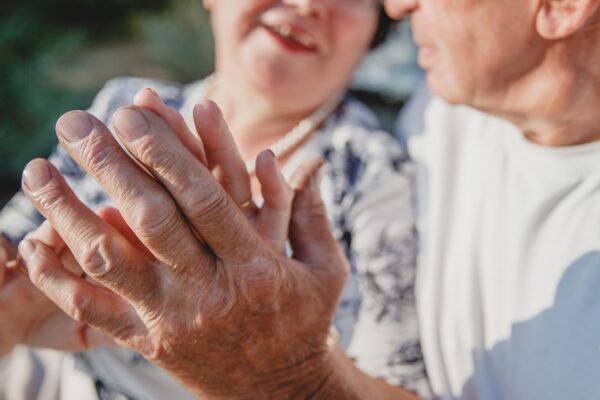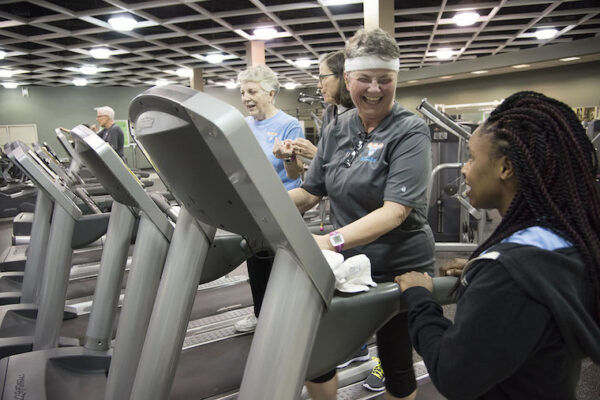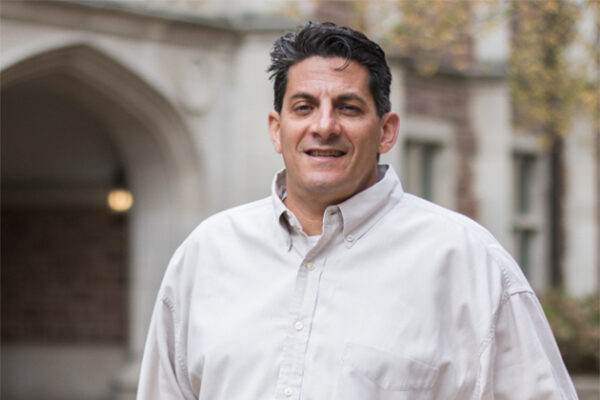Braving the Medicare minefield
Alumnus Tej Seelamsetty applies his joint interests in business and technology to a massive health-care problem.
Graduate student wins prestigious fellowship
The National Institute on Aging, part of the National Institutes of Health (NIH), has awarded graduate student Lizzie Tilden an F30 fellowship that supports physician-scientists in training.
‘Golden Bachelor’ could normalize quest for romance at any age
“The Golden Bachelor,” this fall on ABC, has the potential to help normalize the desire for love at any age, with a few caveats, said a Washington University expert on productive engagement of older adults.
Too old to be president?
Some have raised concerns about the age of President Joe Biden and former President Donald Trump, who are 80 and 77 respectively, and who are both vying to be elected president in 2024. Performance and accomplishments matter, but old age should not, per se, said three experts on aging at Washington University in St. Louis.
Fighting loneliness by finding purpose
A sense of purpose in life — whether it’s a high-minded quest to make a difference or a simple hobby with personal meaning — can offer potent protection against loneliness, according to research from Patrick Hill in Arts & Sciences at Washington University in St. Louis.
Exercise, mindfulness don’t appear to boost cognitive function in older adults
A large study conducted in part by School of Medicine researchers focused on whether exercise and mindfulness training could boost cognitive function in older adults. The study found no such improvement following the interventions.
Morrow-Howell earns Gerontological Society’s Pollack Award
Nancy Morrow-Howell, the Betty Bofinger Brown Distinguished Professor of Social Policy at the Brown School and director of the Harvey A. Friedman Center for Aging in the Institute for Public Health, is the recipient of the 2022 Maxwell A. Pollack Award for Contributions to Health Aging from the Gerontological Society of America.
Braver receives NIH award to study aging effects
Todd Braver, a professor of psychological and brain sciences in Arts & Sciences, received a $442,135 grant from the National Institutes of Health (NIH) to study aging effects on the neural coding of proactive and reactive cognitive control.
Social interactions tied to sense of purpose
Research from the lab of Patrick Hill in psychological and brain sciences in Arts & Sciences shows a link in older adults between social interactions and having a sense of purpose.
NIH funds English, Thompson research into emotion
The National Institutes of Health (NIH) awarded funding to Tammy English and Renee Thompson in Arts & Sciences for research to better understand emotion and aging.
Older Stories

